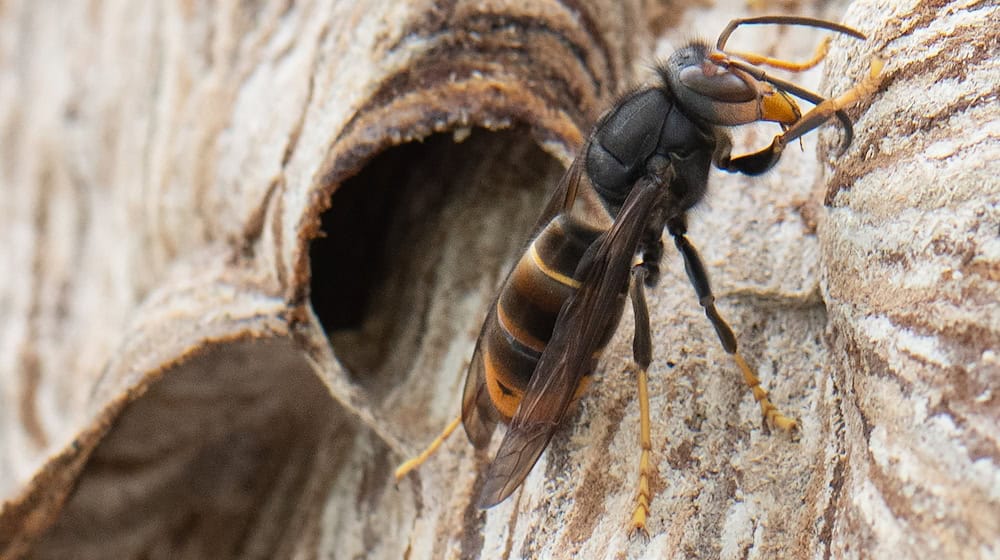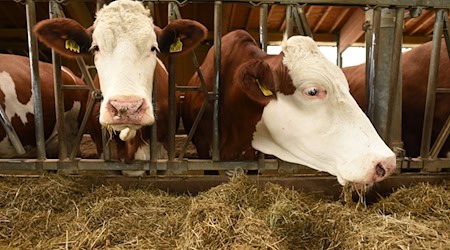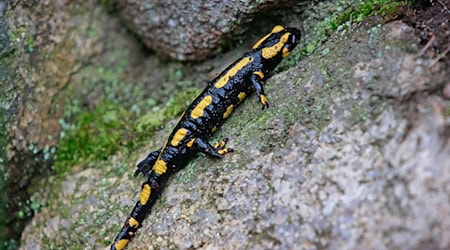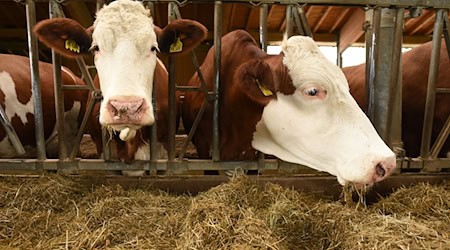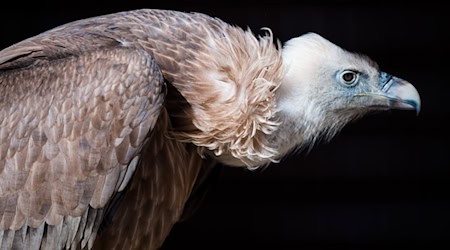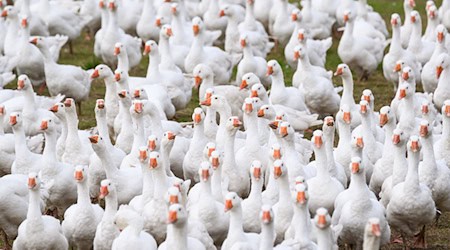Comparatively small but aggressive: the Asian hornet is spreading in Germany and is also threatening bees. Saxony's beekeepers are therefore the target group for a workshop organized by the State Foundation for Nature and the Environment (Lanu) and the State Office for the Environment, Geology and Agriculture in Dresden on Thursday. According to Lanu spokesperson Tomas Brückmann, there has only been one suspected case of the invasive species in Saxony to date.
The workshop will focus on the ecology and lifestyle of the Asian hornet. It will also discuss the legal basis and the current approach in Saxony. The focus is on the health of the bees, it was said. A field report from Hamburg, where the Asian hornet already occurs, rounded off the workshop.
Asian hornet is spreading in Germany
According to the state foundation, the hornet, which is actually native to Southeast Asia, is spreading rapidly in Germany. It can also be expected in Saxony. "It is important to recognize occurrences of the invasive species at an early stage and to have them controlled by authorized persons. This is the only way to slow down its spread," it said.
According to the information provided, the Asian hornet forms very large colonies of up to 10,000 individuals. One colony requires around 11.3 kilograms of prey insects per year. This could have an impact on native insects. Hornets need protein-rich food for their larvae, such as bees and houseflies. In urban habitats, honey bees can account for up to two thirds of the Asian hornets' diet.
How to recognize the Asian hornet
The Asian hornet is smaller than its European relative, but more aggressive. It is also slightly darker. It ambushes bees in its hive and kills them in flight.
It is originally native to Southeast Asia, but was probably introduced to Europe via imported goods. According to the German Nature and Biodiversity Conservation Union (Nabu), it was first detected in Germany in 2014 near Karlsruhe.
Copyright 2024, dpa (www.dpa.de). All rights reserved

